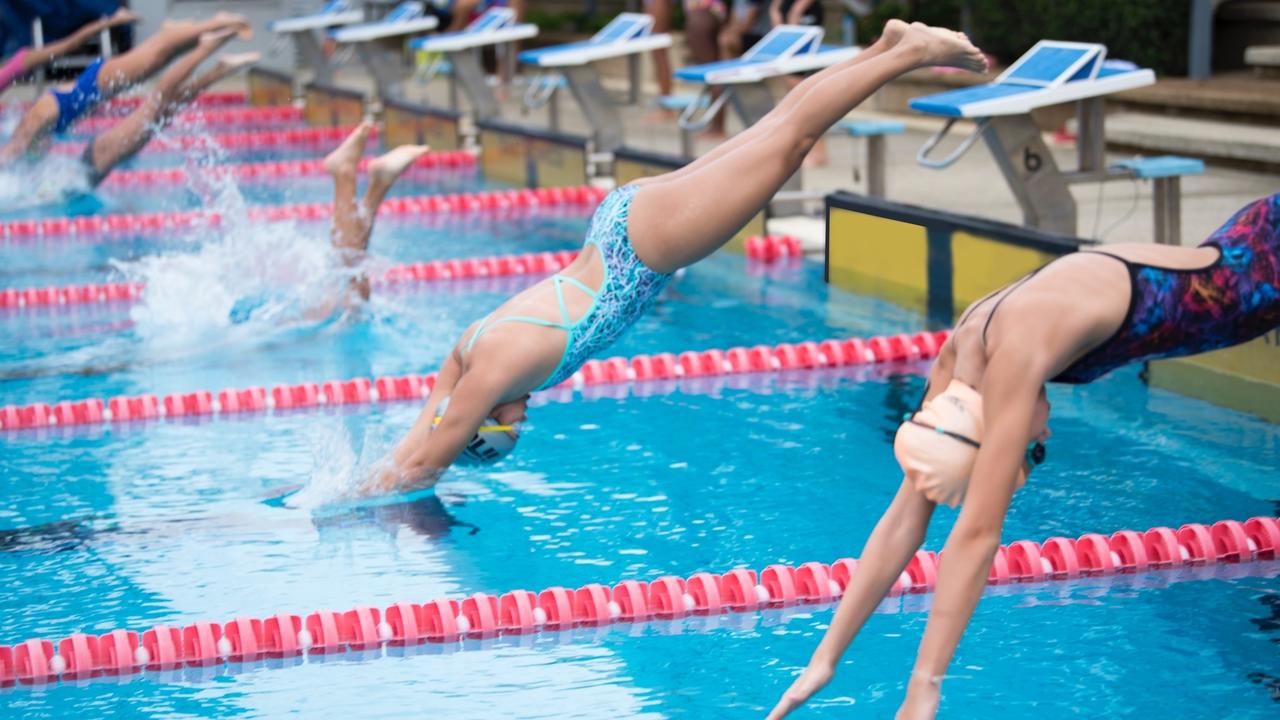What Motivates Youths in Sports

Let's talk for minute about how athlete's age affects their motivation.
Sometimes when we are in the middle of a swim season, as a parent consumed in the 90 degree humidity of an all-day swim meet, we may ask ourselves, "Why is my child swimming?"
I find myself asking that question often.
Sometimes our children make it easy for us and tell us why (or why not) they are swimming.
One winter weekend, my 10 year old daughter competed in a two day swim meet. On day two, my daughter was disqualified in one event and swam slower than her seed times in two events.
As I anxiously waited outside of the locker room anticipating the worst for our one hour drive home, but my daughter emerged with a big smile.
I asked her, “Did you have fun today?”
Her answer, “Mom why wouldn’t I have fun? I spent the weekend with my friends.”
I let out a sigh of relief. We would have a good drive home.
In contrast, my son’s last season of swimming was just after he turned 14 years old...
My son enjoyed practice but hated competition. It was not uncommon for my son to state “What’s the point? I am just going to lose!”
According to Robert Weinberg, PhD and Daniel Gould, PhD in Foundation of Sports and Psychology, children’s motivation and expectations’ regarding their participation in sport changes, as the child matures.
My daughter, like many swimmers under the age of 11 -12, swims primarily for the social aspect of the sport.
As children get a little older, 11- 13, they become more aware of how they are doing compared to their peers which may impact their satisfaction with the sport.
My son was acutely aware of how he swam compared to his peers. If he wasn’t winning, it wasn’t fun.
It’s valuable to know that swimmer’s goals and expectations for the season will vary by age. Recognize the different stages and focus more on the process of becoming a better swimmer vs. the outcome of the race (the meet, or the season.)
For the youngest swimmers who are under 10 years old, they are gaining confidence in the water learning the basics and having fun.
For swimmers beyond this age they too are gaining confidence, improving their stroke, turn and start skills, etc. and having fun.
You will extend the career of your swimmer if you can help them drop unrealistic expectations (swim a personal record each meet, finish first in each event, etc.) and social comparison (my teammate is faster than me) and focus on the process.
Unrealistic expectations create unnecessary personal stress.
Social comparison to a team mate misses the goal of focusing on personal improvement.
When a swimmer focuses on the process of swimming, their start, stroke, kick, turn, etc., the outcome will follow.
LOOKING FOR MORE?
Start receiving my latest mental game tips, news and updates on how you can start taking action in your business, coaching career and sports performance.
This is a spam free zone.

